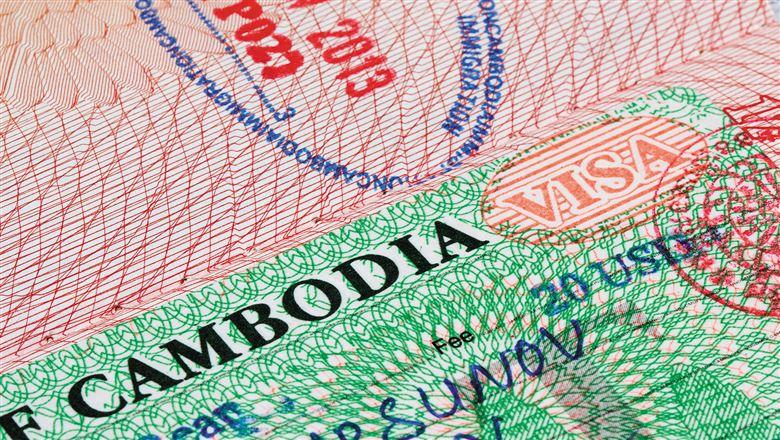Foreign Governments Crack Down on NGOs
 Associations Now
Associations Now
Several countries are clamping down on nongovernmental organizations. Take a look at how these restrictions could affect nonprofits and associations operating abroad.
This summer, Cambodia became the latest country to consider placing greater restrictions on nongovernmental organizations operating within its borders.
The Southeast Asian nation's parliament passed legislation in July that would allow it to disband international and domestic NGOs should their activity allegedly jeopardize the country's stability and national security. The Law on Associations and Nongovernmental Organizations (LANGO), which awaits legal review from the country's Constitutional Council and final approval from the king, incited strong backlash from NGO supporters, who argued that it enables the government to act as a "gatekeeper of civil society."
"LANGO will enforce vague and draconian requirements, forcing all domestic and international NGOs and international associations to remain 'politically neutral,' silencing the lawful advocacy and legitimate dissent that is essential to a healthy democracy," according to a letter from 38 Cambodian-based NGOs to the government.
Limitations in China
Not long before the Cambodian law passed, China introduced similar draft legislation. The Foreign NGO Law would require all foreign-based nonprofits to be vetted and to register with the Chinese government before conducting any activity in the country.
"We are very concerned this draft legislation would make it extremely difficult for U.S. trade associations and professional societies to be active in China," ASAE President and CEO John H. Graham IV, FASAE, CAE, wrote in a letter to the Chinese National People's Congress in June. "Major restrictions would be placed on the ability of our association professionals to meet, share knowledge, conduct business, and share best practices with Chinese associations."
Specifically, the overly broad definition of NGOs as "not-for-profit, nongovernmental organizations" does not differentiate the association sector, which could severely impact the future of U.S. and Chinese economic and social collaboration, Graham added.
The draft legislation would also require that all NGOs have a government-affiliated sponsor, and it treats foreign NGOs as a threat to China's national security—both of which would make it difficult for associations to hold meetings and events in the country.
Egypt, Too
Egyptian President Abdel Fattah al-Sissi introduced a decree late last year that placed severe restrictions on NGOs and their employees. Believing civil society groups were behind the 2011 revolution that was part of the Arab Spring, the decree included travel restrictions on nonprofit employees, strict requirements to register with the Egyptian government, and oversight of donations, among other regulations.
[This article was originally published in the Associations Now print edition, titled "NGOs Feel the Squeeze."]

